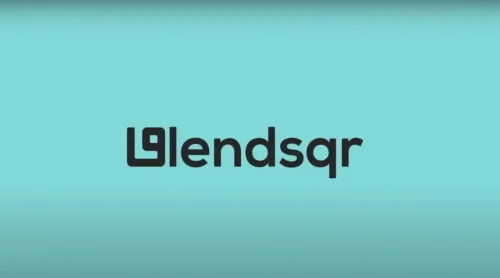
Access to credit remains a major barrier for millions of Nigerians, particularly those without formal financial documentation. Lendsqr, a Nigerian lending software startup, is taking a bold step to address this challenge with an artificial intelligence model that analyzes borrowers’ voices and facial cues to assess creditworthiness.
The AI system, currently in its pilot phase, has demonstrated a 76% prediction accuracy. It is designed to help lenders extend microloans between ₦30,000 and ₦50,000 (approximately $18–$31) to Nigerians who are traditionally excluded from formal credit systems due to lack of documentation.
Conventional lenders assess creditworthiness using the five Cs—character, capacity, capital, collateral, and conditions. Lendsqr’s innovation focuses specifically on evaluating a borrower’s character and capacity to repay through conversational interactions rather than paperwork. “Can we help vulnerable people prove their character and capacity, not through documents but through their voice and words? That’s the idea behind this project,” said Adedeji Olowe, CEO of Lendsqr.
When users apply for a loan via Lendsqr’s platform, they interact with the AI model by answering questions about their employment and repayment plans. This can be done through video or voice recordings, which the AI then analyzes to determine the likelihood of repayment or default.
The pilot is being funded internally by Lendsqr, and the company plans to publicly share its research findings before the end of the third quarter in 2025. In a move that departs from typical proprietary models, Lendsqr intends to make the underlying data accessible to competitors, enabling them to enhance their own credit scoring tools.
While Nigeria is the immediate focus, Lendsqr sees broader potential for this technology. The company aims to test the model in Canada, particularly among immigrants and international students who often face credit access barriers due to lack of local financial history. “Africa remains our priority because the problem is more acute here,” Olowe said. “In countries like Kenya, Ghana, Ivory Coast, Malawi, and South Africa, the underbanked face the same hurdles—credit access is tied to documentation they simply don’t have.”
If Lendsqr’s model proves accurate at scale, the implications could be far-reaching. Only 6% of Nigerian adults currently have access to formal credit, and fewer than 12% of Nigeria’s 41 million small businesses enjoy reliable credit options. Meanwhile, traditional banks continue to post record deposit volumes, underscoring a significant mismatch between capital availability and distribution.
Although fintechs have emerged to bridge this gap, their risk-mitigation strategies often come at a cost. High verification expenses translate into higher interest rates for borrowers. For Lendsqr’s clients including Kredi, Snapcash, and Blockacash—this new AI tool could help cut verification costs and expand lending to underserved populations. “If you’re a lender giving credit to 10,000 people and 9,000 repay due to better screening, it transforms both your bottom line and your long-term viability,” Olowe added.
Lendsqr’s model is partly backed by the Nigerian Ministry of Communications, Innovation & Digital Economy, alongside support from Google. The company intends to release the tool for wider use once its accuracy improves to 90%. It’s not a replacement for traditional lending when it comes to mortgages or auto loans,” said Olowe. “But it can unlock essential, life-changing credit at the grassroots level.”
As the startup refines its model, Lendsqr stands at the intersection of AI innovation and inclusive finance, offering a promising pathway to economic inclusion for millions shut out of the financial system.


